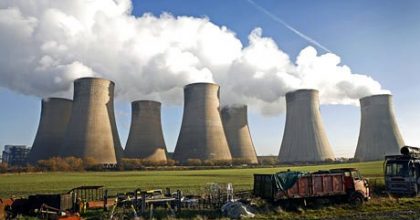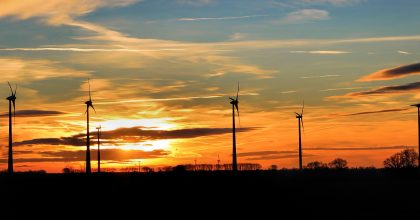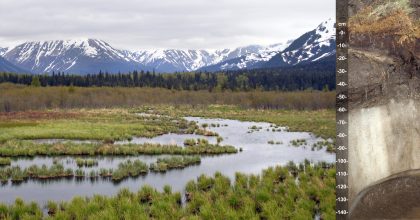UNEP Report to Show Climate Action Commitments (INDCs) Start to Close the Gap
The United Nations Environment Programme (UNEP) released its annual report on the rate of global progress in cutting greenhouse gas emissions at 3:30AM ET on Friday, November 6. So far, 156 countries have submitted climate action plans (also known as Intended Nationally Determined Contributions, or INDCs), covering almost 87 percent of global emissions. The UNEP Emissions Gap report is expected to indicate that the INDCs, combined with current global policies already in place, would result in substantial reductions of greenhouse gas emissions, moving the direction of the global economy significantly closer to the cost-optimal pathway for holding warming under 2˚C.












